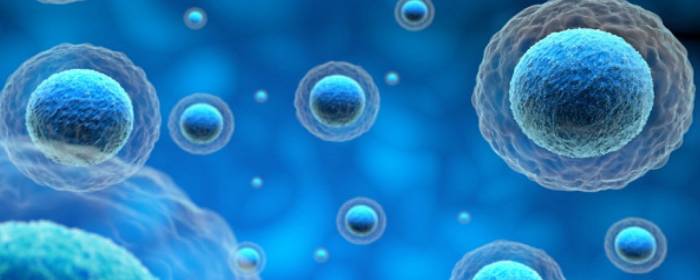Perinatal stem cells have been attracting attention globally in recent years due to their potential in regenerative medicine. These stem cells come in many forms, due to the wide variety of potential sources for these cells. Perinatal stem cells, for instance, may be umbilical cord-derived hematopoietic stem cells, amniotic epithelial cells, amniotic fluid stem cells, or chorionic mesenchymal stem cells. All sources, nonetheless are considered biological waste and are therefore usually discarded after delivery of babies.
Importantly, perinatal stem cells, despite their origin, tend to share a number of characteristics that make them beneficial in treating conditions. Additionally, unlike other sources of stem cells, retrieval of perinatal stem cells is noninvasive and does not require the ethical considerations that retrieval from other sources may involve. A recent review in Regenerative Medicine has highlighted the potential benefits of perinatal stem cells in therapeutic interventions.
In addition to the relatively easy collection and preparation of perinatal stem cells, these cells tend to be easily harvested and manipulated without harming either the mother or the baby. Upon collection, these stem cells exist in high volume and have greater ability to proliferate than other stem cell types such as bone marrow stem cells. Research has also shown that these cells tend not to lead to adverse immune reactions, though the mechanisms involved in their relationship to the immune system are not well understood.
Given their relative advantages over other stem cell types, perinatal stem cells are well poised to be used in cell-based therapies targeting a wide variety of conditions. Future research will help to define the precise role these cells can play in regenerative medicine and which conditions they may be most useful for.


 St. Petersburg, Florida
St. Petersburg, Florida
